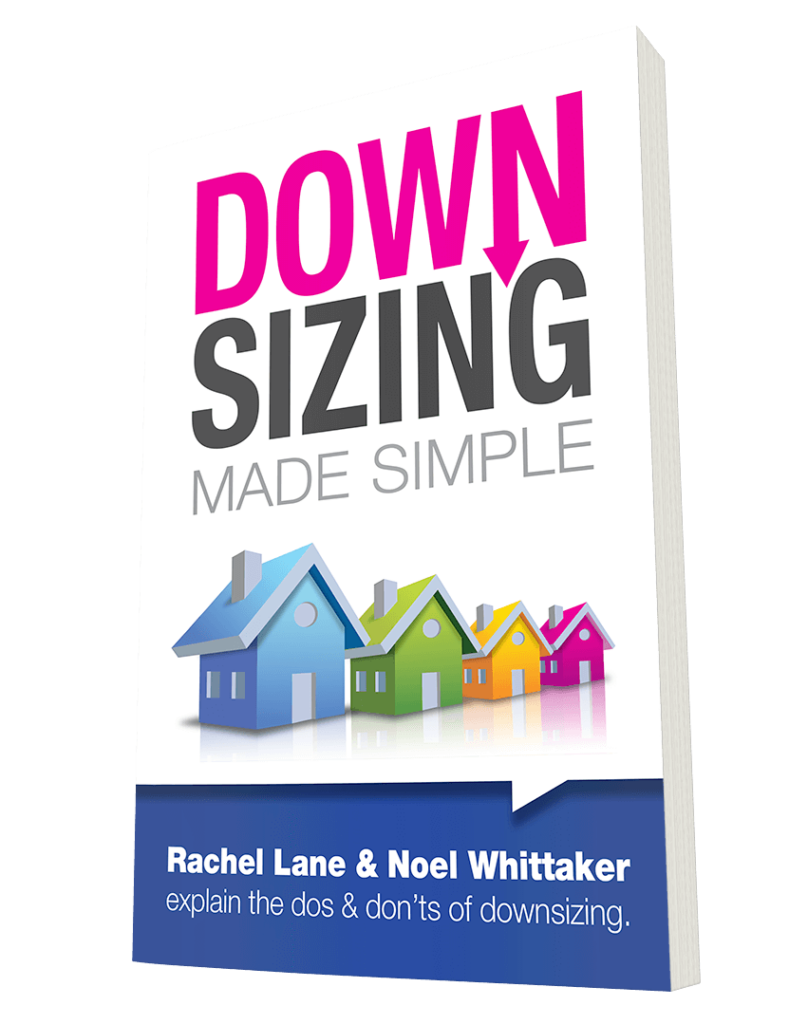How much do you need to retire? How long is a piece of string? Think about it, there are a multitude of factors that determine how much you would need to retire comfortably. These include the state of your health, your life expectancy, your spending habits, how often the kids put their hands out for help and what level of age pension may be available to you.
The inflation effect
The next issue is inflation. Suppose you are 50 now and decide you will need $70,000 a year in today’s dollars to live on if you decide to retire at age 65. If inflation was 2% that would equate to $94,300 a year, but if inflation increased to 4% that figure would leap to $126,000 a year.
For a person aged 65 who thinks they will live until age 90, the rough rule of thumb for working out how much you will need is approximately 12 times your expected expenditure. Therefore, based on the figures above, the target could well be over $1 million. But that’s not a straight line – expenditure tends to reduce as people get older and all their travelling is out of the way, and as your assets reduce the age pension comes into play which slows down the rate you need to draw down on your capital.
Are long-term projections realistic?
In short, long-term projections of the amount needed for retirement are pointless. What you need to do is decide when you want to retire, how much you think you will need, and then meet with your adviser at least once a year to find out if you are on track to meet these goals; and if not, what strategies need to be put in place to get you back on track. It’s also important to consider what legacies it’s reasonable to assume may come your way, and of course any extra capital you could free up by downsizing.
A key factor in the amount you will need to accumulate is the rate of return you can achieve on your portfolio. A good example is somebody aged 50, earning $110,000 a year who has $350,000 in super, and who wanted to retire at 65 with an income of $70,000 in today’s dollars. If their superannuation produced 9% per annum, they would have $1.7 million at age 65 which should be more than enough to provide the income they are looking for.
However, if the best they could do was 4% per annum they may have only $850,000 at 65 and would need to make substantial additional contributions to achieve their goal.
Understand the importance of time
Many people die with more superannuation than they retired with, simply because they got a good rate of return and let time do all the work. Think about a 60-year-old who is earning $100,000 a year and who has $500,000 in super. If they retire now, they will get $500,000, but by delaying their retirement just five more years to age 65 their superannuation will increase by 40% to $800,000. If they can hold off to 70, they would have $1.2 million in superannuation. It’s the easiest money anybody can make!
Taking stock
The key is to take stock of your affairs on a regular basis to make sure you are on track. A major goal should be to have no debt when you retire as servicing a mortgage could be a massive hit on your cash flow. If you are 50 or over with a mortgage, you could consider prioritising tax-deductible contributions to super as a priority over boosting your mortgage repayments. If your super fund earns more than you are paying in interest, remember that deductible contributions come from pre-tax dollars, whereas extra loan repayments come from after-tax dollars. This will boost your super when you are due to retire, and one strategy is to simply draw money from the super, to pay the interest of the mortgage, so the super grows even faster.
But what about the age pension? Yes, at current levels most retirees will be eligible for at least a part-pension, but given the propensity of government to fiddle with the rules, there is no guarantee the present eligibility rules will not be changed.
Just remember that your situation can change, and that the rules may change, especially regarding superannuation. Anybody who is serious about a prosperous retirement should form a relationship with a financial adviser as soon as they feel it is appropriate. There are now a wide range of strategies available to speed you on the road to financial independence and these include salary sacrifice, borrowing and transition to retirement pensions. Even though starting early makes the journey easier, it’s never too late to change things for the better. And never forget – small changes now can make dramatic changes in the future.
*Note: This article provides general information and is not intended as specific financial advice. Please consult a professional who understands your unique situation before making any financial decisions.
The original article was published on the Australian Over 50s Living and Lifestyle website.







